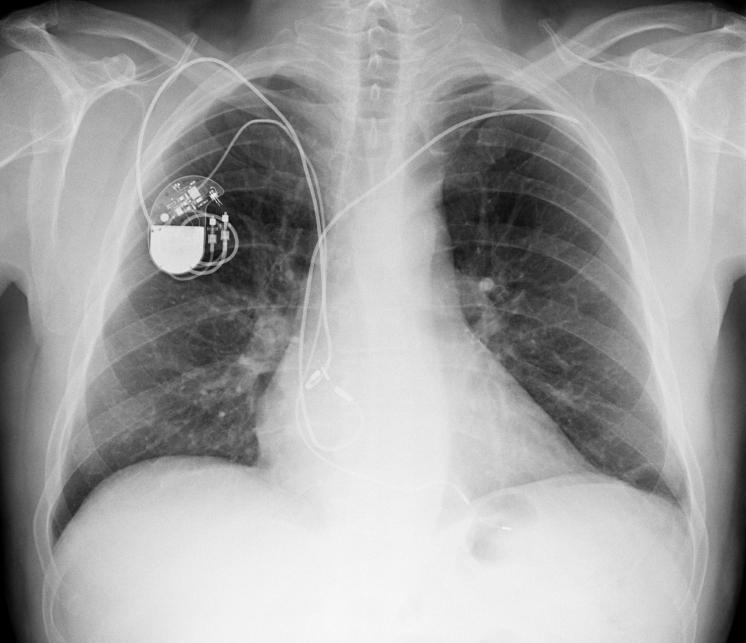Need a pacemaker? Would you buy used?
Would you consider putting a used pacemaker in your chest? What if it were your only alternative?
A British charity wants to send second-hand pacemakers, removed from people who have died, to be reused in developing countries. The organization Pace4Life says thousands of the life-saving devices are typically thrown away or buried with patients each year.
Balasundaram Lavan, the founder of Pace4Life, describes the process: "We are getting patients or family members to donate these simple, little devices [and we] take them, test them. If they are fit for human reuse with 70% battery life or more, we are getting them re-sterilized and then looking to get them implanted in the developing world."
The charity is taking its lead from the University of Michigan, which has been researching the reuse of pacemakers for the past four years.
"The two main risks are the risk of infection from the device and the risk of mechanical malfunction," says Thomas Crawford, a cardiologist and assistant professor of medicine at the University of Michigan. "There is always a risk of infection anytime you implant a pacemaker — but specifically, when you re-implant a pacemaker that's previously been implanted in the human body, there's a possibility for blood and body fluids to seep into … the device. So it's very important to make sure that there is a properly-conducted cleaning and sterilization."
A pacemaker uses electrical impulses, delivered by electrodes connected to heart muscles, to regulate the beating of the heart. The devices being studied at Michigan have been donated to the researchers.
"We have developed relationships with many funeral homes and crematories across the country and we have a consent that the family members or the patients would sign before they die," Crawford says. "They instruct the morticians to donate the pacemaker."
Crawford and his team at Project My Heart Your Heart are awaiting approval from the Food and Drug Administration for a wider clinical trial to start implanting these pacemakers into patients in need. The FDA only approves pacemakers for one-time use in the US, so it is not legal to re-implant them here, says Crawford.
"We don't believe these pacemakers are just as good as brand new ones," he says. "Many people in the world die because they don't have access to this therapy because it is too expensive."
A pacemaker in the US costs about $5000. That's more than many people in developing countries make in a year.
"So the choice is between having a reused, re-processed pacemaker versus not having a pacemaker at all," says Crawford. These recycled pacemakers would at least give them a chance for treatment. Crawford says researchers suspect as many as a million people around the world die each year who might have been helped with a pacemaker.
